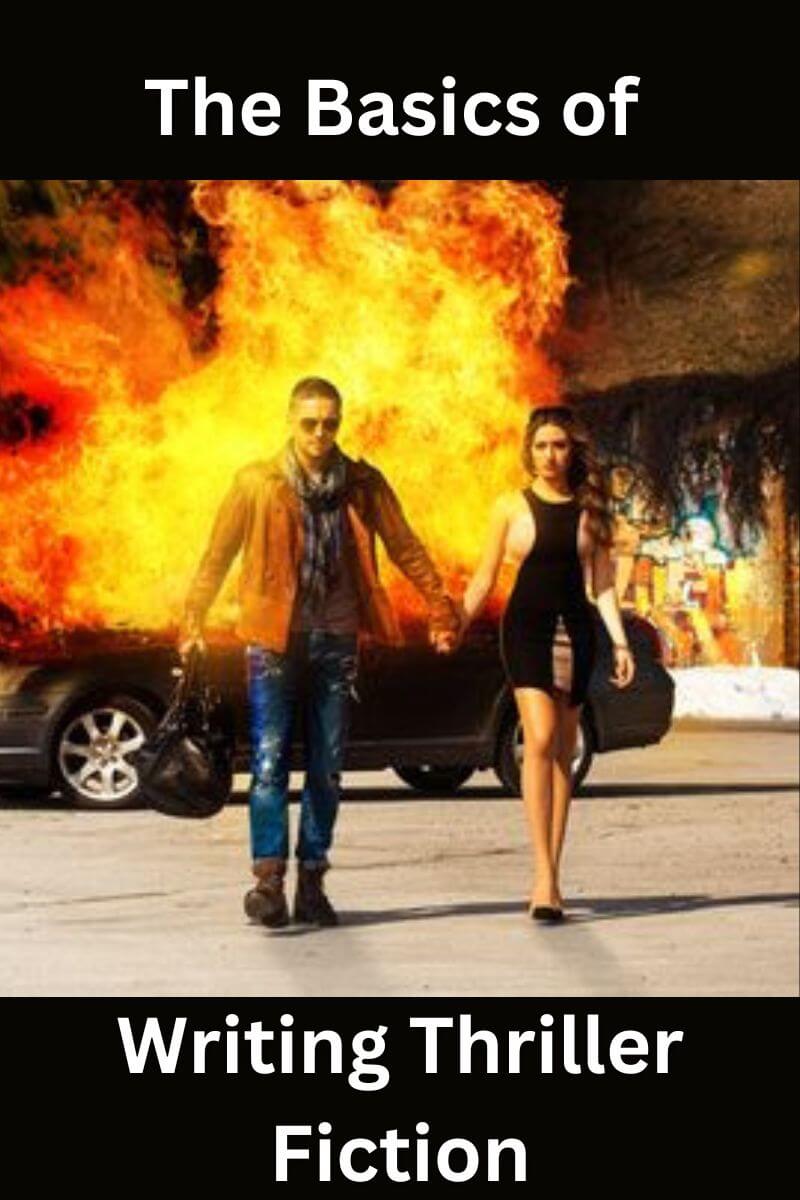How does someone connect their short strories/novellas
by Tyler
(New York)
Question: I have 2 Questions.
It is said that most agents don't accept collection of short stories or collection of novellas from debut authors because they are hard to sell. However, they do accept a collection that can be sold as a "novel" which means the stories have to connect.
Now my first question is, what are some ways to connect novellas?
I have written 7 Novellas featuring 7 different characters. Each story takes place in the same city. Each story is a mystery where each character solves a murder or some kind of crime in this city. The only thing I have so far that's an immediate connection is time/setting. The 7 crimes don't connect but the characters solving those crimes do connect in ways. Some have immediate connection to others while some doesn't until later on in the series. (yes, I plan to make it a series)
For example: One character is the long lost sibling of another character. Its not revealed right away. But it will be down the line. Another character will be the mother of another character who thought his mother abandoned him after birth. Again, not revealed right away.
Here are a few connections the characters also have: They all attend this institution that trains them to fight and solve crimes. They all attend events and ceremonies together (not as a group; but were invited by different people). They are connected through friends and families. (ex: MC 1 best friend is dating MC 2. But MC 1 doesn't meet nor interact with MC 2) And They all compete in the same sporting competition. Is time/setting enough to connect these stories to be marketed off as a novel?
My 2 question is... what makes a collection of novellas/shorts an "Novel-in-stories"? Interconnected stories" or linked stories?
I know its a lot but I know tons of people who are seeking the same answers I am. Thank you for your help
Answer: It sounds like your seven novellas have all the connections they need. I have seen published novella collections with fewer connections (e.g. Stephen King's "Four Seasons" or David Mitchell's "Cloud Atlas").
That said, have you considered trying to get one or more of these novellas published in literary magazines? This can be an excellent way to build an audience and make publishers more likely to want to publish the collection, especially if one of the novellas is fortunate to win an award. It also means you get paid twice.
Of course, when you do this you must be careful to
As for your second question, there are many different ways to link stories together in a series, some of which you already know.
The loosest type of series is that where all the stories simply take place in the same story world. This is popular among fantasy writers who go to a lot of trouble to design a fantasy world and want to get some mileage out of it. (Plus, fans of the story world want to spend more time in it.)
Slightly stronger are those series that feature the same main character. This is how traditional mystery series work. The same detective appears in each book to solve a different crime. If the detective is an appealing character, readers then enjoy following the detective throughout his/her career.
A variation, more like your stories, would be a series in which the main character changes with each story, but the setting and many of the characters recur. "Sin City" would be an example.
Stronger still are those series in which each story/novel/novella is not only a standalone story but also provides another act or installment of an overarching series plot. The Harry Potter books work this way. Each of the early books stands on its own, but each book is also an act of the overarching story which is about Harry avenging his parents' murder. With such series, readers feel compelled to buy each book so they can get the entire story.
The other type of series is the multi-volume work. With these, none of the books/stories really stands on its own. Nothing is resolved until the last book, so to get a satisfying story, the reader must buy the entire series. This type of series will usually be published only if the author already has a following and the publisher is confident all the books in can be published profitably.
Incidentally, novellas usually range from 17,500 to 40,000 words. So if you want to combine seven of them, that would make a very long novel. You may find publishers a little reluctant to publish such a work for a first time author because the costs are higher and you are an unknown quantity. You might want/be asked to leave out a few of them -- another reason to try selling them separately first. Of course it all depends on how strongly the publisher feels about your writing.
Best of luck.
Comments for How does someone connect their short strories/novellas
|
||
|
||
|
||
- Home
- Writing Questions
- How does someone connect their short strories/novellas











